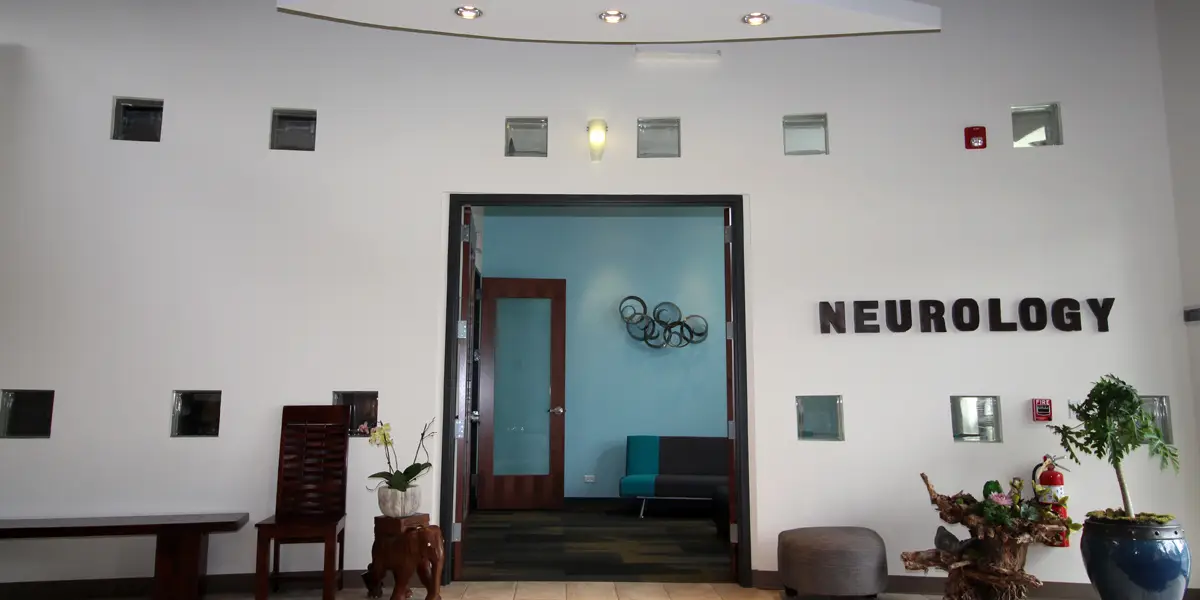
Welcome to Associates in Neuroscience is engaged in medical, psychological, and diagnostic needs of patients seeking treatment for issues as related to the nervous system. Our philosophy is to reach out to the clients with empathy so that we can formulate an accurate diagnosis by listening and evaluating our clients’ needs before co-creating a care plan that will address their diagnosis and goals moving forward. We view problems that our clients experience as opportunities to work compassionately alongside them, their loved ones, and other healthcare providers so that we can deliver comprehensive and quality care for their well-being. In addition to the outpatient neurology clinic, we serve our community with on-site adult/child EEG services, psychotherapy/counseling, and life-coaching services.

At Associates in Neuroscience we have services for pediatric neurology, psychotherapy/counseling services for individuals, couples, and families, as well as life coaching. We believe that in having a provider who provides an environment where you can talk to about issues and/or concerns in a caring, safe, comfortable, and confidential environment can enable people to become more comfortable with themselves as well as allow themselves to flourish and be as they are meant to be in their lives.
By discussing symptoms, improving emotional and behavioral health, teaching new approaches to
problem solving and decision making then individuals will feel more confident in their diagnosis and care which enables them to live more fulfilled lives.
